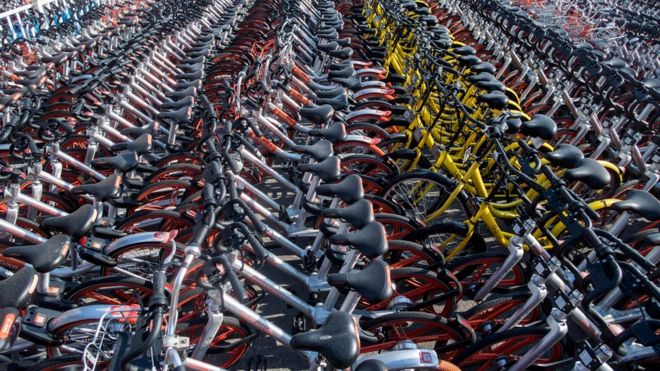Bagel runs. Pizza runs. Taco runs. Crepe runs. Beer runs.
I have made all of those "errands"--usually, at night--on my bicycle. Some of those trips spanned only a few blocks; others were considerably longer, like the rides I took from Rutgers in New Brunswick, New Jersey to Brooklyn for bagels. It's not that decent bagels couldn't be had in NB or, more precisely, neighboring Highland Park. I simply believed that the bagels in Brooklyn--at one place in particular--were the best.
And, of course, those 50 or so kilometers (depending on which route I took) left a bagel (or two) sized hole in my stomach.
I've probably taken rides of similar length within the bounds of New York City to taste a food that, while available in whichever neighborhood I resided, was better in some ethnic enclave or another: knishes from Mrs. Stahl's in Brighton Beach, dim sum in Flushing, jerk chicken in Flatbush and, of course, soul food in pre-gentrified Harlem. Oh, and few things can cap off a winter trek like pho in Sunset Park.
So I fully empathize with four students who made a 50 kilometer late-night run from Zhengzhou to Kaifeng--for soup dumplings. Of course, those young people claimed that they weren't riding only for a midnight snack: They say they also took in some cultural attractions in Kaifeng, a city that has served as China's capital eight times during a history that stretches as far back as the Athenian Empire. I believe them simply because I would do the same--while sampling the local cuisine, of course!
That all would have been fine with the local authorities if the ride was limited to those four students, maybe a few more. But news of the trip went viral on social media. As a result, the quartet would be joined by 100,000 other cyclists, mostly young.
To put that into perspective, the Five Boro Bike Tour, one of the world's largest organized rides, attracted 32,000 riders this year. Some people complain because they lose "their" lanes and parking spaces when streets are blocked off, but otherwise there is little public or private criticism because the ride is planned well in advance. Thus, people are prepared for the street closures and police have an easy time patrolling and protecting. (Plus, one assumes, they don't mind the overtime pay.)
The Dumpling Run, on the other hand, was a spontaneous event. Thus, no one else was prepared for the ensuing traffic jams and other interruptions it caused and local officials were, needless to say, not happy. Nor were bike share administrators: They had to shut down their networks because most of the riders used share bikes and the networks simply couldn't keep up with the demand. Also, the ride led to a glut of share bikes in Kaifeng and not enough in Zhengzhou.
Then again, some local papers, like People's Daily, have praised the event. They cite the "energy" and "spirit" of the ride, not to mention the boost to restaurants and other hospitality businesses. I can understand: I've pedaled 50 kilometers, and more, for art, history, culture--and food!











